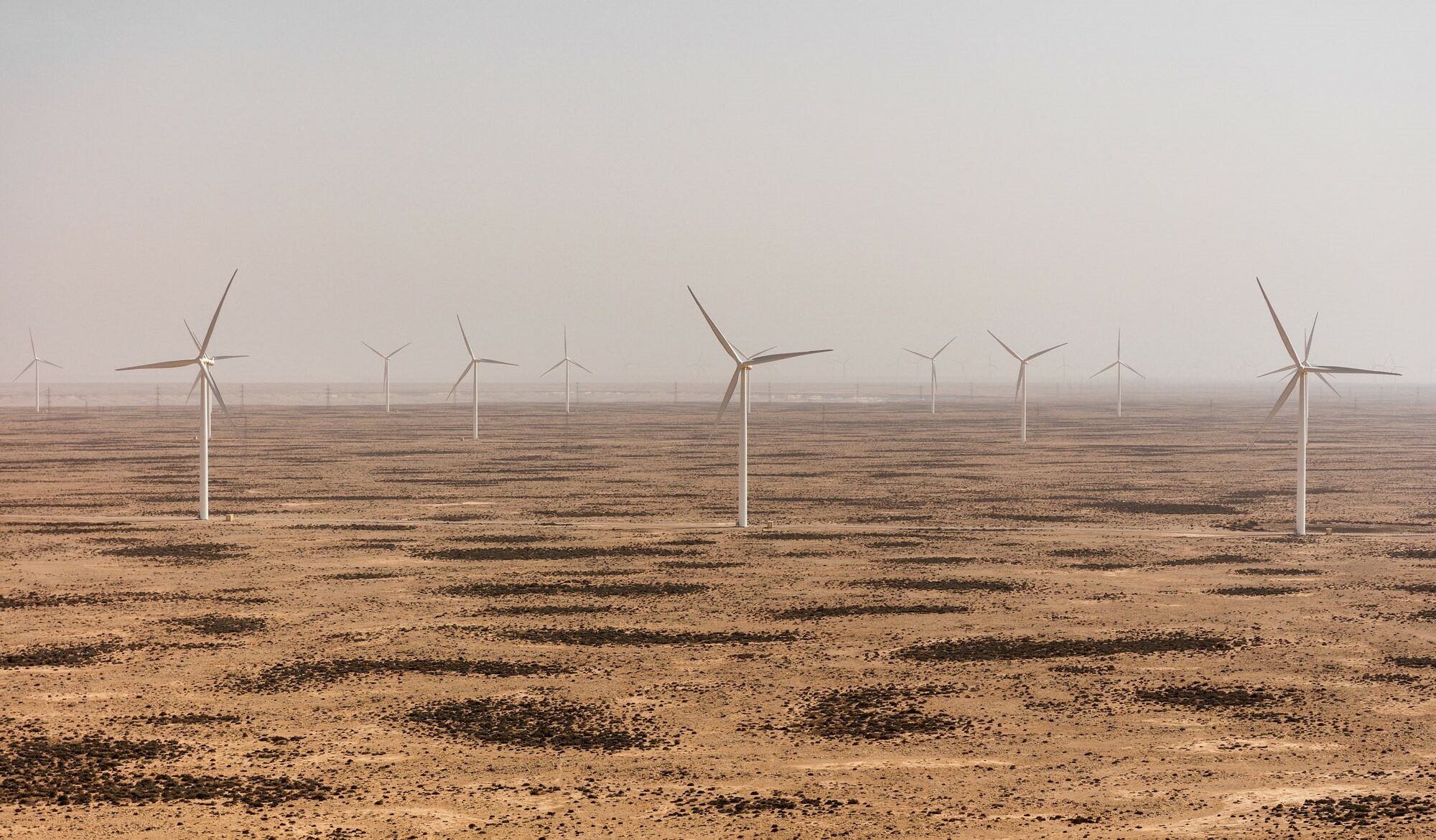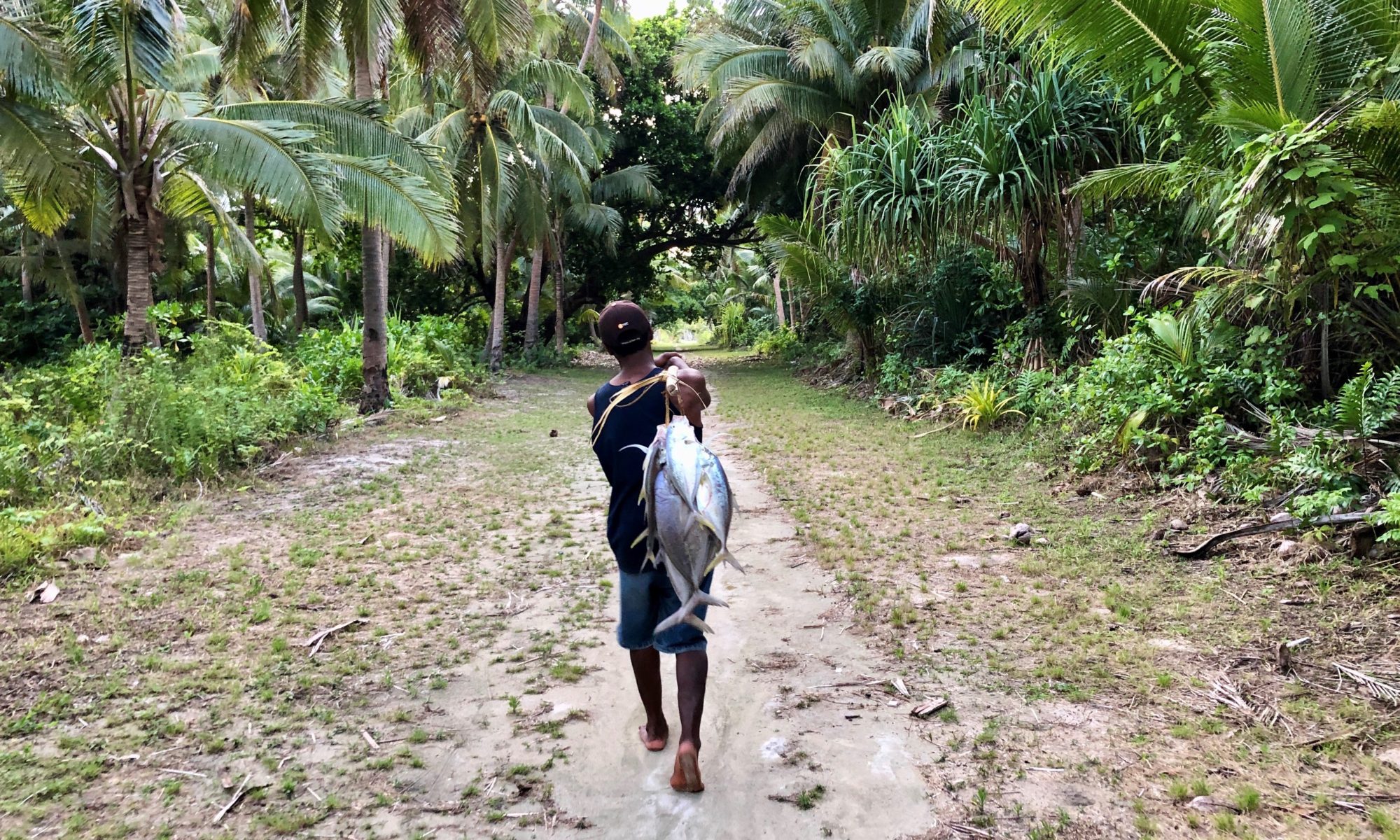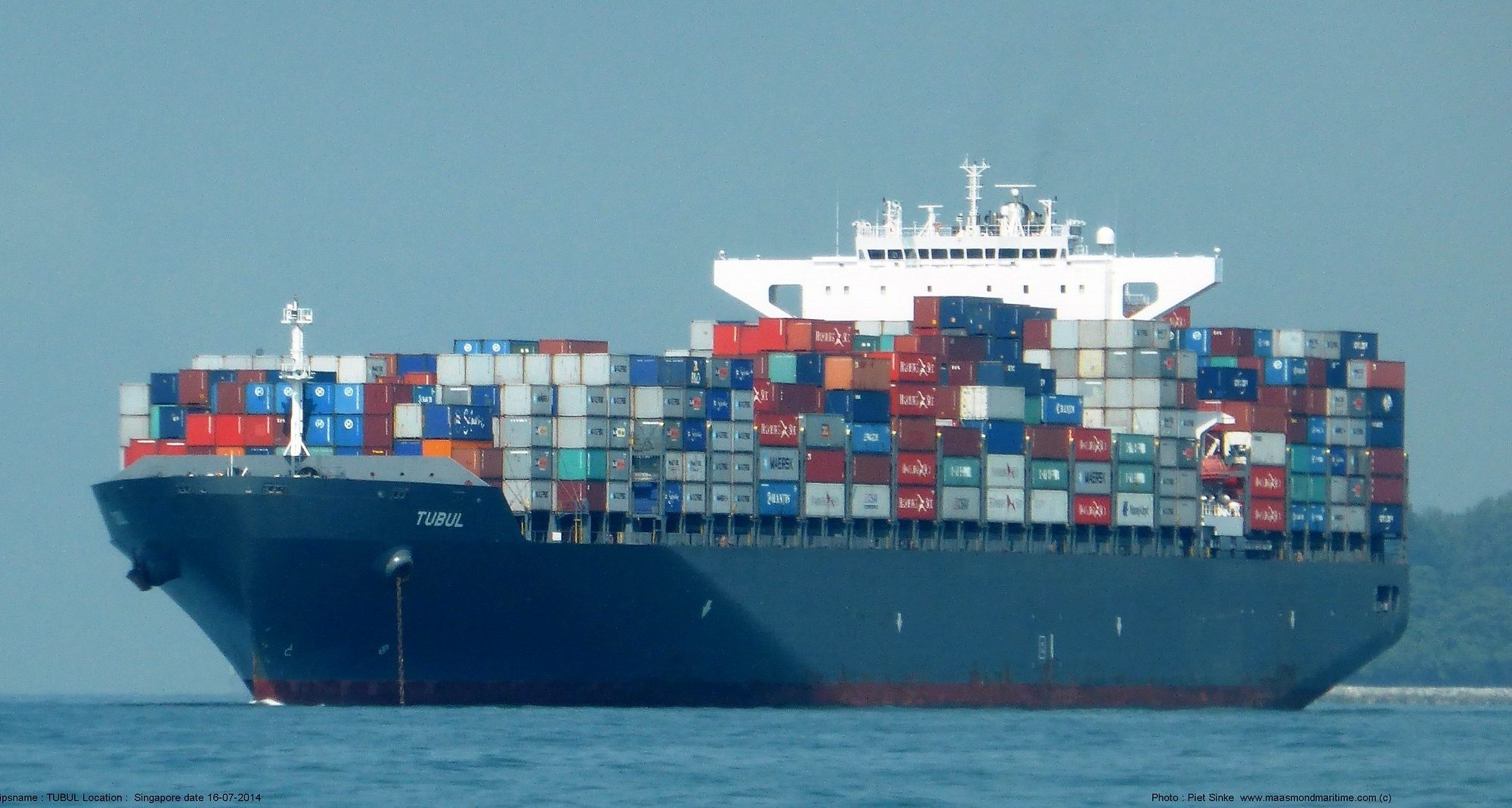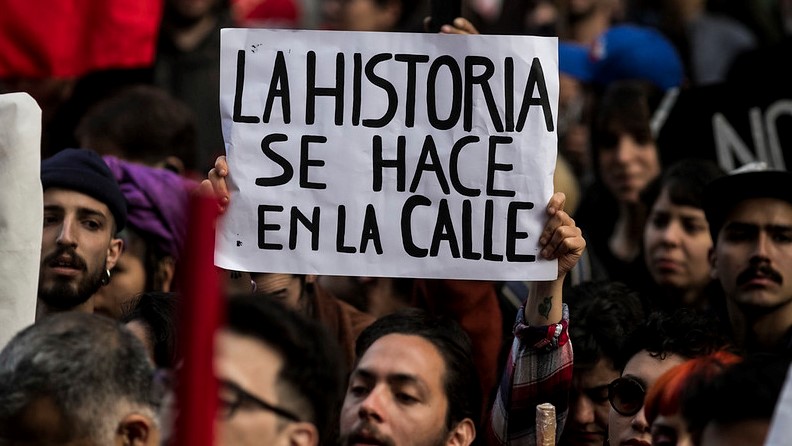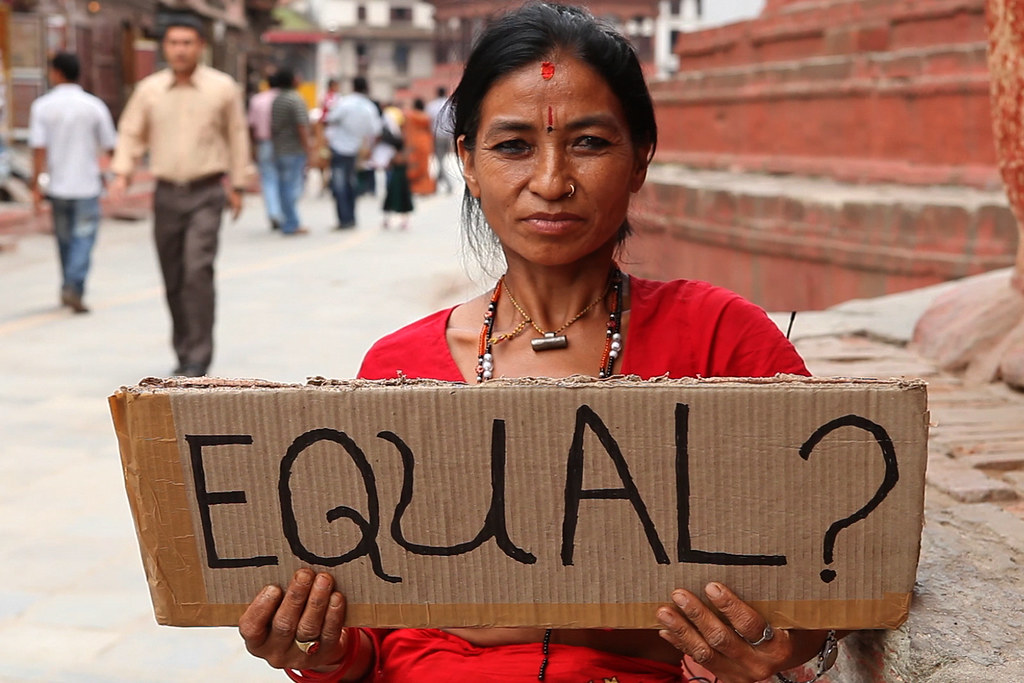By Joel Millward-Hopkins
Few people believe that the world’s poorest should remain in their current situation of material poverty – and fewer still would admit such a belief in public. Perhaps even fewer believe that it would be acceptable for humans to trigger a global ecological disaster. Most can thus agree that there are billions around the world for whom living standards should be improved, and that humans should endeavour to keep the only habitat in our solar system habitable.
Continue reading “Securing sufficient, sustainable energy for-all needs a massive reduction in global inequality”
